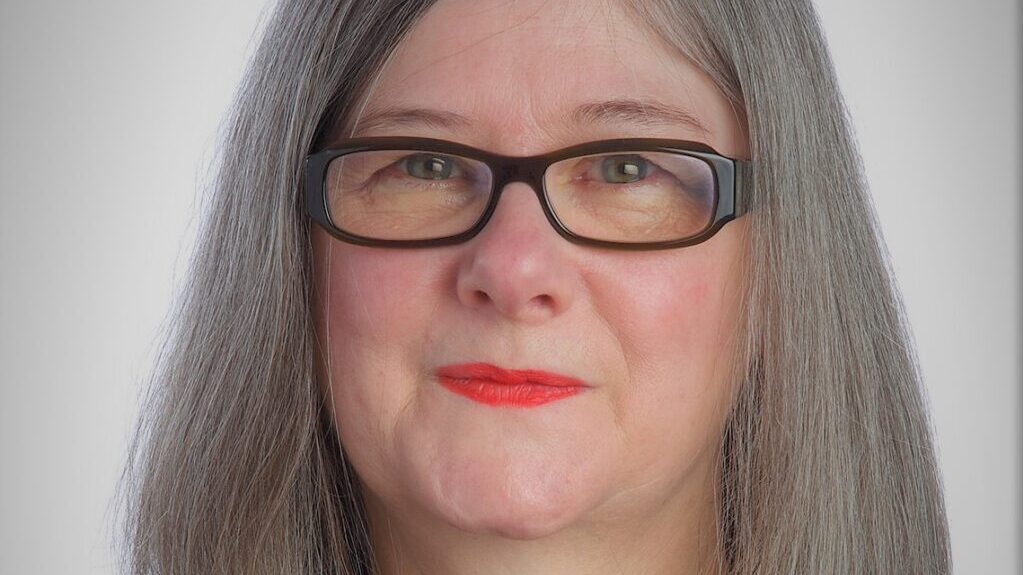Policy opinion: Budget devoid of ideas

Dr Ruth Allen, chief executive of the British Association of Social Workers sets out her thoughts to William Walter, on the chancellor’s decision to raise council tax to fund social care and to delay the social care cap.
When chancellor Jeremy Hunt announced in his Autumn Statement that the social care funding cap would be postponed for two years until after the next election, that the Kwarteng reversal on National Insurance rises would be retained and that councils would have more freedom to raise local council taxes, we knew we were hearing a Budget devoid of ideas on how to tackle the deep strategic and systemic problems we have in social care. Again.
Postponing the care cap was clearly an unjust blow to people planning near future finances around the cap coming in. And there were many leaders who strongly felt the care cap change would at least show high level change can happen after years of stasis. But in parts of social care there was a sigh of relief at the delay given the eye-watering workload pressures in local authorities. This is the reality of social care now; not enough money, not enough staff to recruit; not enough experienced staff staying; too many providers pulling out; inflation eating into care costs and making pay even more paltry for so many workers (overwhelmingly women) working in the many vital roles of social care. Hunt did announce some new money – £2.8 billion in 2023/24 and £4.7 billion in cash terms for social care.
Some is coming from new government grants; a lot is recycled out of the postponed implementation of the cap and more (an unknown amount) may be raised from council taxes. It sounds a lot, but it isn’t enough according to all credible gap analyses and, perhaps even more importantly, it’s a temporary uplift when all parts of the system need long-term financial and workforce planning. The latter was promised by Hunt, but when and with what likelihood will the government see this through?
The primary purpose of the additional social care money is to speed up the discharge of people from hospital – to ‘free up’ the NHS. Important as discharge is, one wonders when anyone will ask “how can we free up social care to help people live their most independent and chosen lives for as long as possible?”
It doesn’t have to be like this. There will be a long road to turn this around. But a crucial start would be our care and health ministers, the secretary of state, chancellor and prime minster acting as if they understood that social care and health are two parts of one system. Its staff are essential to our society and economy. Social care is not ‘the hospital discharge wing’ of the NHS – it enables independent living, helps people be safe, enables informal care and is vital to preventing admissions in the first place.
What we need is political care, drive and imagination to turn this around – and the will to change it in lockstep with the sector, with staff and with people needing social care now and in the future. What sort of high-quality care could we all look forward to if we were creatively and tangibly planning and designing the social care of the future now, and dedicating ourselves to ensuring as a society we accepted its importance to wellbeing and prosperity?



